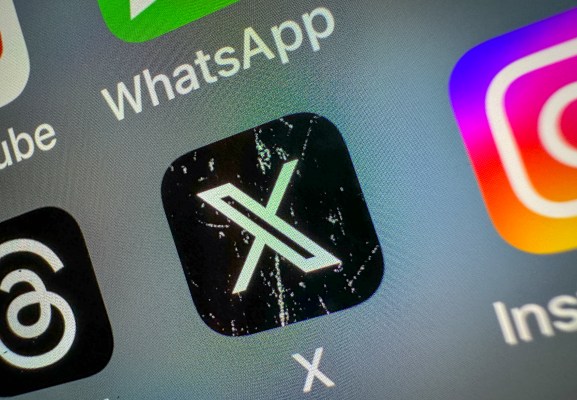Elon Musk is moving forward with his plans to turn the company formerly known as Twitter, now called X, into an “everything app” that includes its own payments system. The company in late November was granted three additional money transmitter licenses in the U.S. states of South Dakota (on November 27), Kansas (on November 28) and Wyoming (on November 30), bringing the total number of states where the company is allowed to engage in money transfers to 12.
The other states where the company had previously been granted a money transmitter license include Arizona, Georgia, Iowa, Maryland, Michigan, Mississippi, Missouri, New Hampshire and Rhode Island. All of the states were licensed this year, starting with New Hampshire on June 29.
Arizona, Michigan and Missouri were added in July followed by Georgia, Maryland and Rhode Island in August, and Iowa and Mississippi in September. The registrations are associated with a business named “X Payments LLC,” formerly “Twitter Payments LLC,” which will operate the money transfer operations at X. (The name of the license may vary, but all would allow X to process payments or move money in the state.)
Musk confirmed the additions in a post on X, in response to an article by The Street which noted the November 27 addition of South Dakota. The Street’s reporting indicated the company had only been registered in 10 states, according to the Nationwide Multistate Licensing System’s database. Now, the database is showing the most recent additions, as well.

Image Credits: Screenshot of NMLS database
“Progress,” was Musk’s only comment on the new registrations.
However, Musk has previously spoken about his plans to morph X into a payments platform, having earlier detailed his vision for the future of the company shortly after the acquisition. He has described Twitter, now X, as a place where users would be able to send money to others on the platform, and extract their funds to authenticated bank accounts, and perhaps later, a high-yield money market account that would encourage people to keep their cash in accounts with X. This plan would put X into competition with PayPal, a company Musk is crediting with co-founding via its merger with his X.com. With Twitter, Musk is hoping to once again complete the vision he had for X.com as a disruptor to the existing banking system. Whether or not that move will also involve crypto is yet to be determined, but it’s worth noting that a money transmitter license would be required if X were to support cryptocurrencies.
Payments are also tied into X’s broader move into the creator economy, where X users with at least 500 followers and 5 million organic impressions on their posts over the past three months can become eligible for ads revenue sharing.
Of course, X’s ability to monetize via ads has taken a downturn in recent days, as an advertiser exodus was prompted by Musk’s endorsement of an antisemitic post on the platform and reports that brands’ campaigns were appearing next to hate speech. As a result, X has lost several larger advertisers, including Apple, Disney, IBM, Paramount, Warner Bros., Lionsgate, Comcast/NBCU, Walmart and others. The company also lost a deal with Paris Hilton’s 11:11 Media, which would have seen the celeb tout live audio, live video and live shopping on X. Musk lashed out at Hilton after the deal went south, but the departures could spell trouble for X’s monetization plans, and therefor its creator economy and payments ambitions.
The company said it would focus on small business advertisers in the near term and is also planning to make Musk’s new AI, Grok, available to X’s paid subscribers as another source of revenue.
